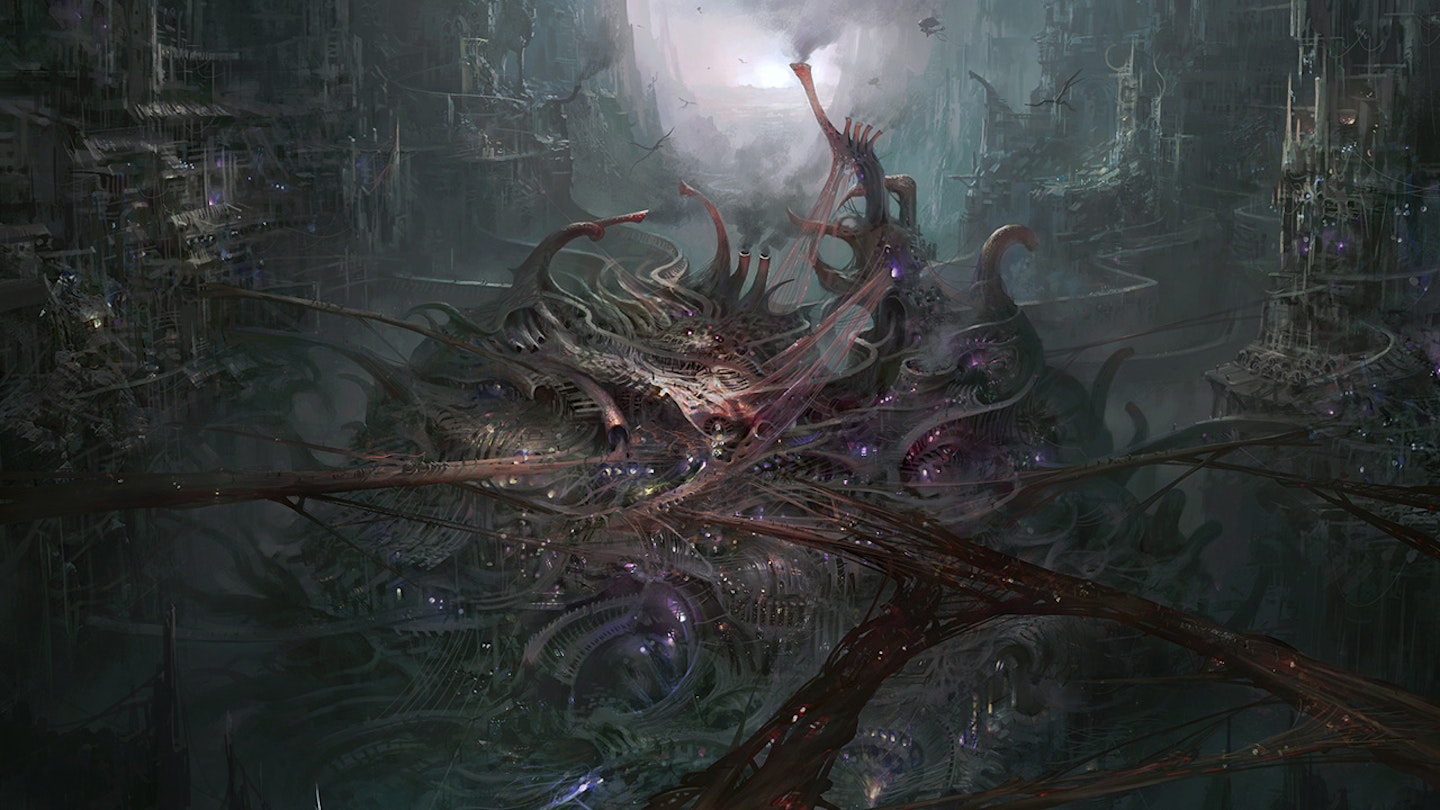As close to a sequel to classic RPG Planescape: Torment as you can get without calling in the trademark lawyers, Torment: Tides of Numenera harks back to a different time in gaming. Top down, isometric locations, incredibly text heavy, and with slow combat, this could be a slog for anyone who doesn't at least partly romanticise its inspirations.
Give it time though and it proves terrifically absorbing, with one of the weirdest, most engaging settings in fiction we've seen. Set a billion (give or take a million) years in the future, Torment sees you as the 'Last Castoff' – the latest discarded host body of the Changing God, left with your own personality in the entity's departure – and leaves you to find out what that means, while evading The Sorrow, a dark psychic force pursuing you.
This could be a slog for anyone who doesn't at least partly romanticise its inspirations
The world you awaken to is the Ninth World, built on the ruins of eight fallen civilisations, with their myriad mixed and incompatible lost technologies now doing a very good job of mimicking magic. This plays into combat, with characters' abilities coming from nanotech or dimensional abrasions, but looking like something out of Baldur's Gate.
You won't necessarily be doing much fighting though – Torment excels in giving you numerous solutions to almost any situation. Talking your way out of a conflict is as much an option as taking up arms, or environmental artifacts may do your work for you. And you will be doing a lot of talking. Thousands of lines have been written for the game, and almost every character you encounter will be more than eager to talk your ears off.
Unfortunately, for such a text heavy game, there's no log of responses, important or otherwise, to help you track quests or remind you of important details of people you meet. Comparatively little dialogue has voice acting either, so prepare to read a couple of novels' worth of text on the lower third of your monitor.

When they do occur, battles are slow. Called 'Crises', they're turn-based and strategic – think Fire Emblem without a grid system. Each encounter has you dipping into attribute pools to perform each action, giving you a firm limit on how much you can use skills. It's key to build a balanced party, as speed stats determine who goes first, and speedier characters often have skills to hop around the battlefield.
You'll also gain Cyphers as you progress, one-off powerful tools scavenged from ancient tech, that can heal, buff, or deal damage. Holding onto more than you can carry can cause side effects in your character, giving a nice incentive to actually use rather than horde them.
Much like its distant future setting, Torment itself is a game from another time – just in the opposite direction. Those with nostalgia for Planescape will adore this, and rightly so: it's marvellous at recapturing that deep, lore-heavy RPG vibe. Yet for anyone accustomed to more modern titles – even the likes of Fallout 3 onwards, which can hardly be called shallow – Tides of Numenera is a slow, often laborious experience.
